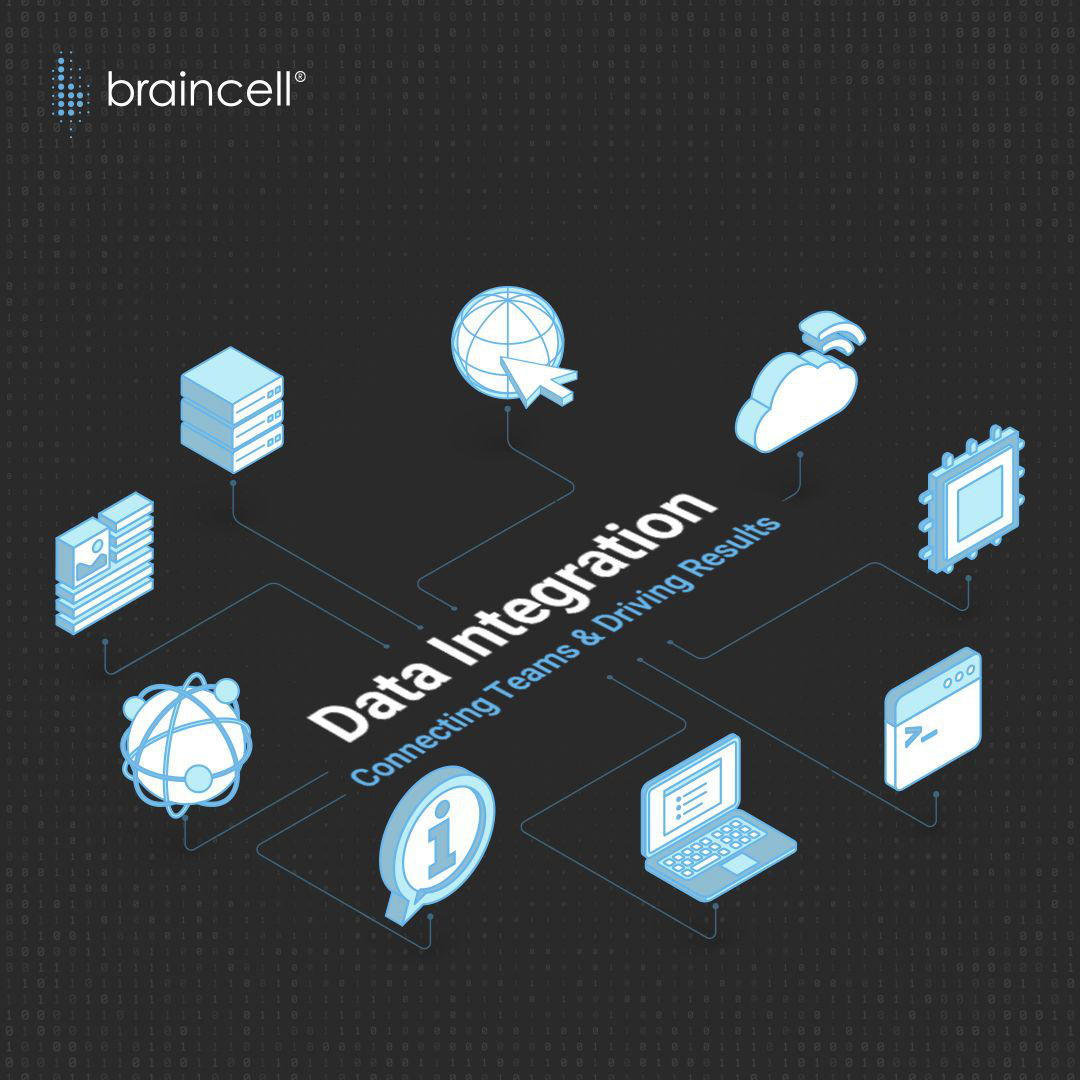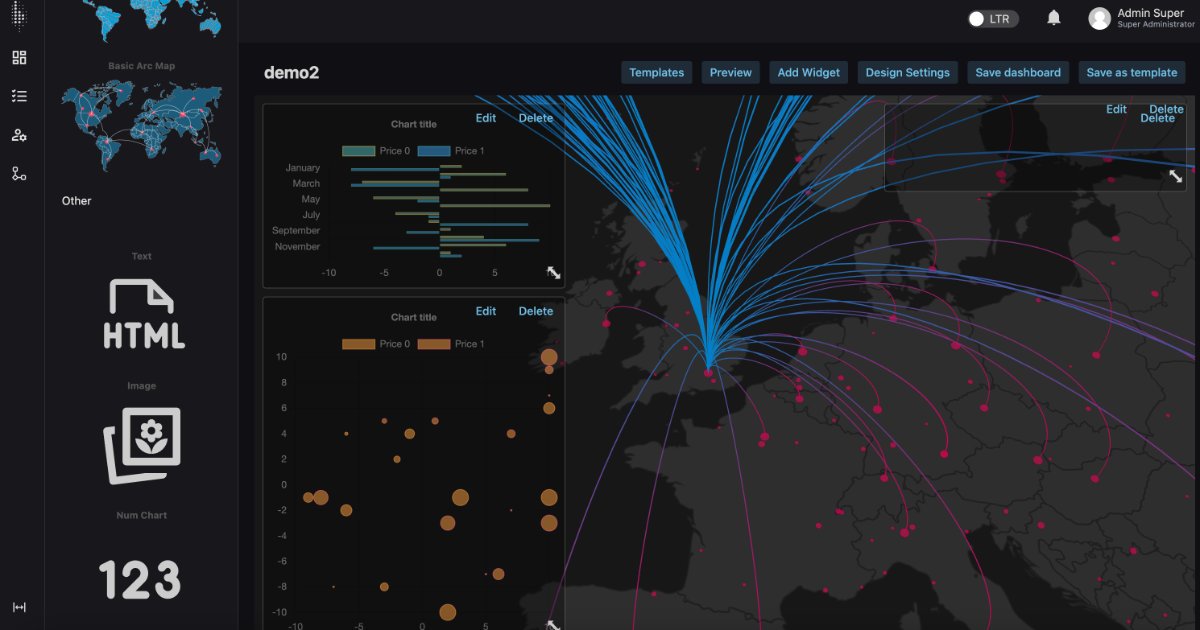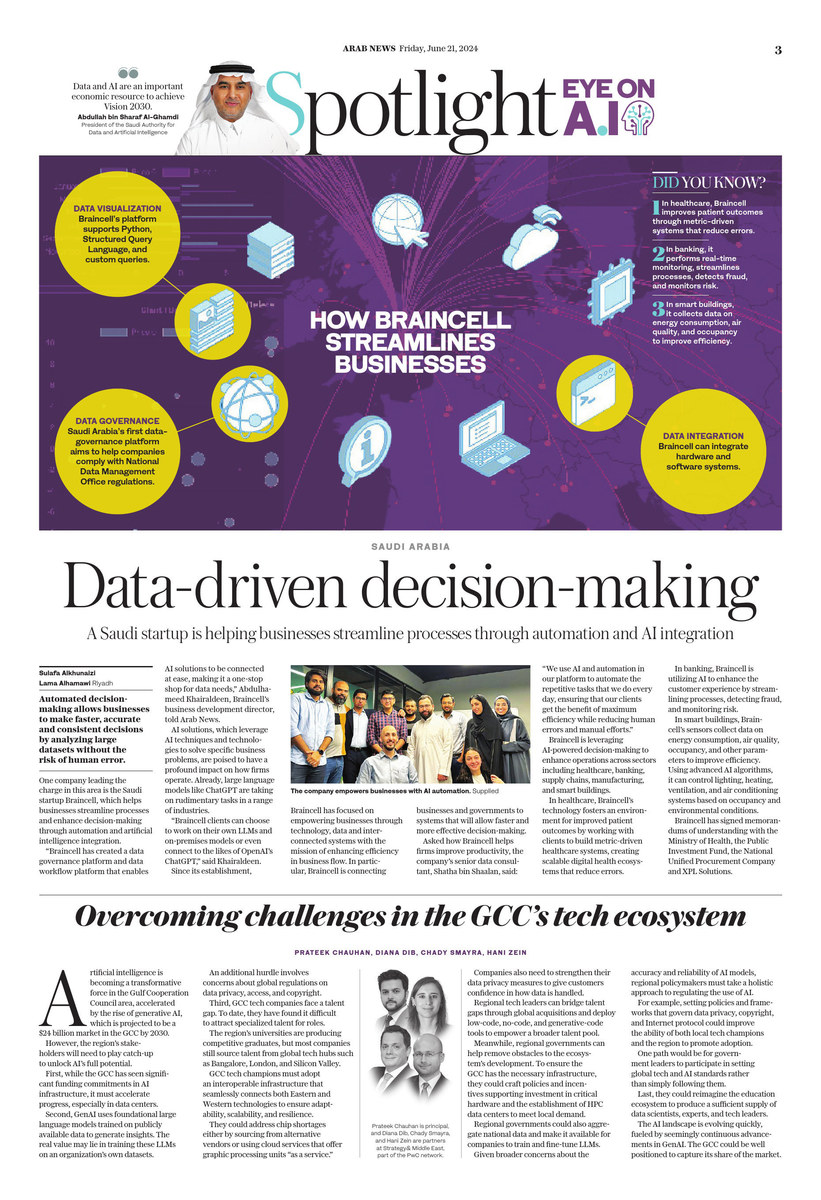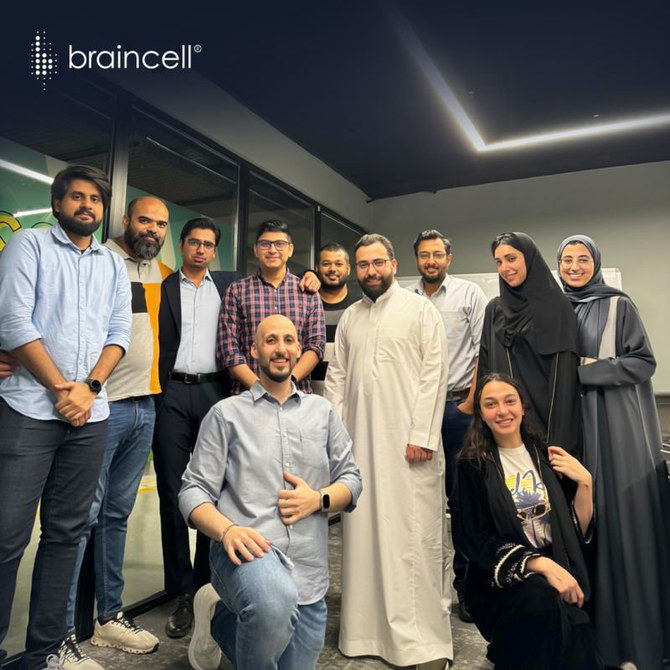RIYADH: Automated decision-making allows businesses to make faster, more accurate and more consistent decisions by analyzing large datasets without the risk of human error. That is why, as Saudi Arabia expands its digital economy, such tools are becoming more widely used in the Kingdom.
One firm that is leading the charge in this area is the Saudi startup Braincell, which helps businesses streamline processes and enhance decision-making through automation and artificial intelligence integration.

“Braincell has created a data governance platform and data workflow platform that enables AI solutions to be connected at ease, making it a one-stop shop for data needs,” Abdulhameed Khairaldeen, Braincell’s business development director, told Arab News.
AI solutions, which leverage AI techniques and technologies to solve specific business problems, are poised to have a profound impact on how firms operate. Already, large language models like ChatGPT are taking on rudimentary tasks in a range of industries.
“Braincell clients can choose to work on their own LLMs and on-premises models or even connect to the likes of OpenAI’s ChatGPT,” said Khairaldeen.

Braincell is just one of the many new Saudi companies utilizing AI to optimize technologies. (Supplied)
With the Kingdom’s mission to become a global leader among data-driven economies, new AI startups are emerging every day with the goal of contributing to the fast-growing sector. Braincell is just one of the many new Saudi companies utilizing AI to optimize technologies.
Since its establishment, Braincell has focused on empowering businesses through technology, data and interconnected systems with the mission of enhancing efficiency in business flow regardless of the sector.
In particular, Braincell is connecting leaders, executives, organizations and governments to systems that will allow faster and more effective decision-making.

Braincell leverages AI-powered decision-making to enhance operations. (Supplied)
Asked how Braincell helps firms improve their employee productivity, the company’s senior data consultant, Shatha bin Shaalan, said: “We use AI and automation in our platform to automate the repetitive tasks that we do every day, ensuring that our clients get the benefit of maximum efficiency while reducing human errors and manual efforts.”
Braincell is leveraging AI-powered decision-making to enhance operations across sectors including healthcare, data, banking, supply chains, manufacturing, and smart buildings and cities.
In healthcare, Braincell’s technology fosters an environment for improved patient outcomes by working with clients to build metric-driven healthcare systems, creating scalable digital health ecosystems that reduce errors through automation.
DID YOUKNOW?
• In healthcare, Braincell improves patient outcomes through metric-driven systems that reduce errors.
• In banking, it performs real-time monitoring, streamlines processes, detects fraud, and monitors risk.
• In smart buildings, it collects data on energy consumption, air quality, and occupancy to improve efficiency.
Some of its services include comprehensive insights into personalized care and streamlined clinical processes.
In banking, Braincell is utilizing AI to enhance the customer experience by streamlining and organizing processes that in turn will reduce manual errors.

Shutterstock illustration image
Through Braincell’s banking command center, real-time monitoring also detects fraud, monitors risk management and enhances strategic decision-making.
Applied to smart buildings and cities, Braincell offers new ways to improve the experience of residents. One example is the firm’s data integration and sensor deployment that collects data on energy consumption, air quality, occupancy levels and other relevant parameters.
Opinion
This section contains relevant reference points, placed in (Opinion field)
Braincell’s use of automation in smart buildings and cities also improves energy efficiency by using advanced AI algorithms to control smart lighting and heating, ventilation, and air conditioning systems that adjust settings based on occupancy and environmental conditions.
The company has more than 100 active users, and boasts the ability to process 120 billion records in a matter of seconds using AI.
It aims to help businesses make reliable decisions by connecting data sources and consolidating them in a comprehensive way that is easier for clients to access, resulting in higher quality, accuracy and consistency through the use of AI automation.

“The data platform is highly customizable with a very simple setup,” said Bin Shaalan, the firm’s senior data consultant. “It’s dynamic and fits all needs as it integrates with many systems adopted here in the Kingdom.”
Braincell has signed memorandums of understanding with multiple partners including the Ministry of Health, the Public Investment Fund, the National Unified Procurement Company and supply chain specialist XPL Solutions.
The firm has also created a data governance and data workflow platform to help companies comply with National Data Management Office regulations in the Kingdom.






























